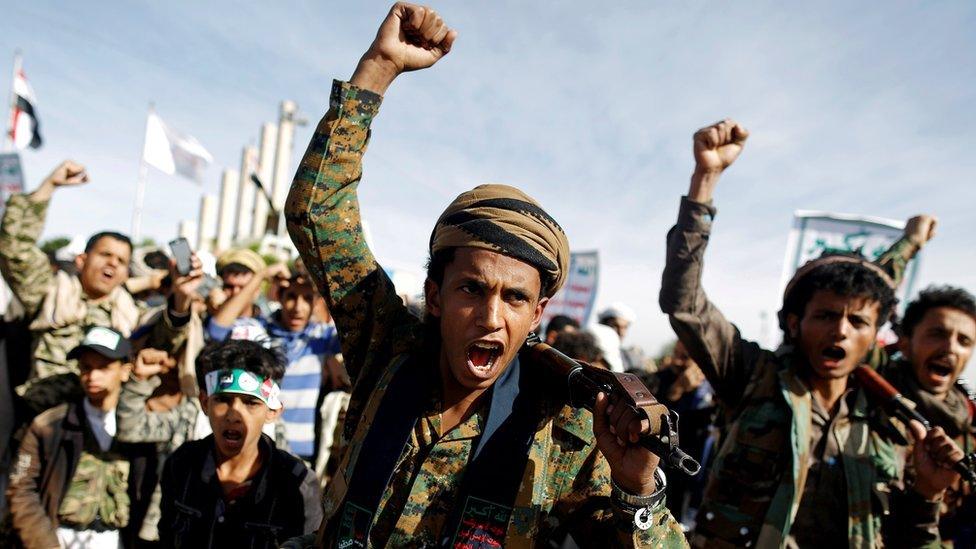We will not hesitate to act against Houthi targets, says Rishi Sunak
- Published
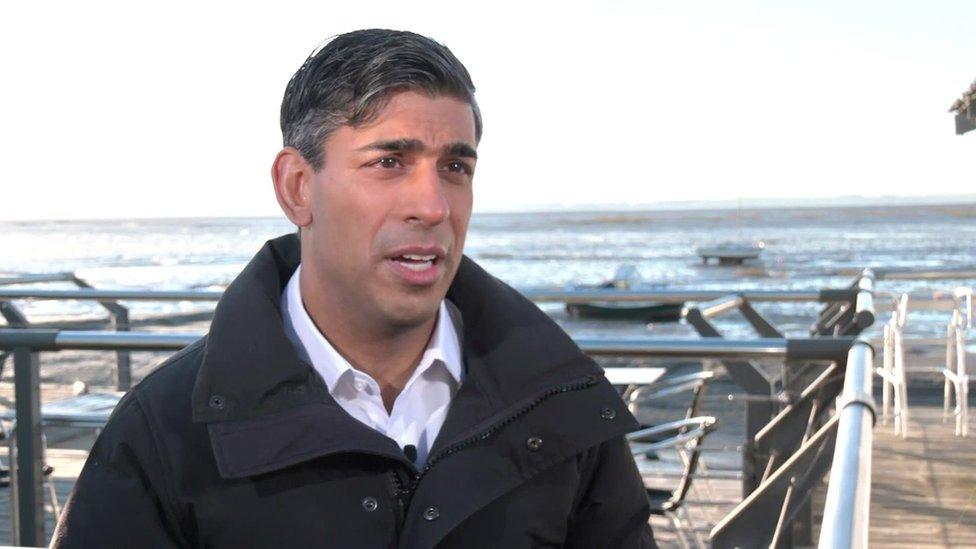
Rishi Sunak has said his government "will not hesitate to protect our security", following joint US-UK strikes on Houthi targets in Yemen.
He said the action aimed to send "a strong message" to the Houthi group that attacks on commercial shipping in the Red Sea were "unacceptable".
This is the first time Mr Sunak has committed the UK to new military action since becoming PM in October 2022.
On Monday afternoon, he will take questions from MPs about the strikes.
Speaking to reporters, Mr Sunak defended the action, saying it had been the "last resort" following "exhaustive diplomatic activity".
He said the Houthis - a military and political group who control the north of Yemen and its capital Sanaa - needed to "recognise the international condemnation for what they are doing and desist".
Last Thursday, the US and UK carried out air strikes on military Houthi targets aimed at undermining their ability to attack cargo ships.
The Iran-backed group have said they are attacking ships affiliated with Israel in protest at the conflict in Gaza, however commercial vessels with no connection to the country also appear to have been targeted.
The attacks have led major shipping companies to divert vessels away from the Red Sea, instead taking a longer route around southern Africa.
Speaking to the Reuters news agency, Houthi chief negotiator Mohammed Abdulsalam said the US-UK strikes had not change their position and that attacks on ships would continue.
Asked if there would be further attacks on the Houthis, Mr Sunak said: "We will not hesitate to ensure the security and safety of British people our interests and our assets."
Earlier, Defence Secretary Grant Shapps told the BBC the government would "look again" at further strikes if attacks on vessels in the Red Sea did not stop.
He added that the UK had "no interest in entering some extended approach in the Red Sea".
Labour leader Sir Keir Starmer said he backed the strikes but added that MPs in Parliament "now need to hear the scope, the basis, the full reasoning behind the decision".
"If the government is proposing further action, then it should say so and set out the case, and we're going to have to consider that on a case-by-case basis on the merits."
Last week, the Liberal Democrats, the SNP and Plaid Cymru argued the government should hold a vote on the military action.
Now, the Lib Dems have said they will table a bill stating that MPs should get a vote on the deployment of armed forces, with exemptions in cases of emergency.
The party's defence spokesperson Richard Foord said: "Parliament must not be bypassed on an issue as important as military action."
The government is not legally required to seek parliamentary approval before taking military action. However, a convention has been established in recent years under which the Commons is - in most circumstances - given the opportunity to debate the deployment of military forces in advance.
Defending the government's decision not to consult MPs prior to the strikes, Mr Shapps said: "It would have provided perhaps too much information and detail to the Houthis."
Where is Yemen and where did the air strikes happen?
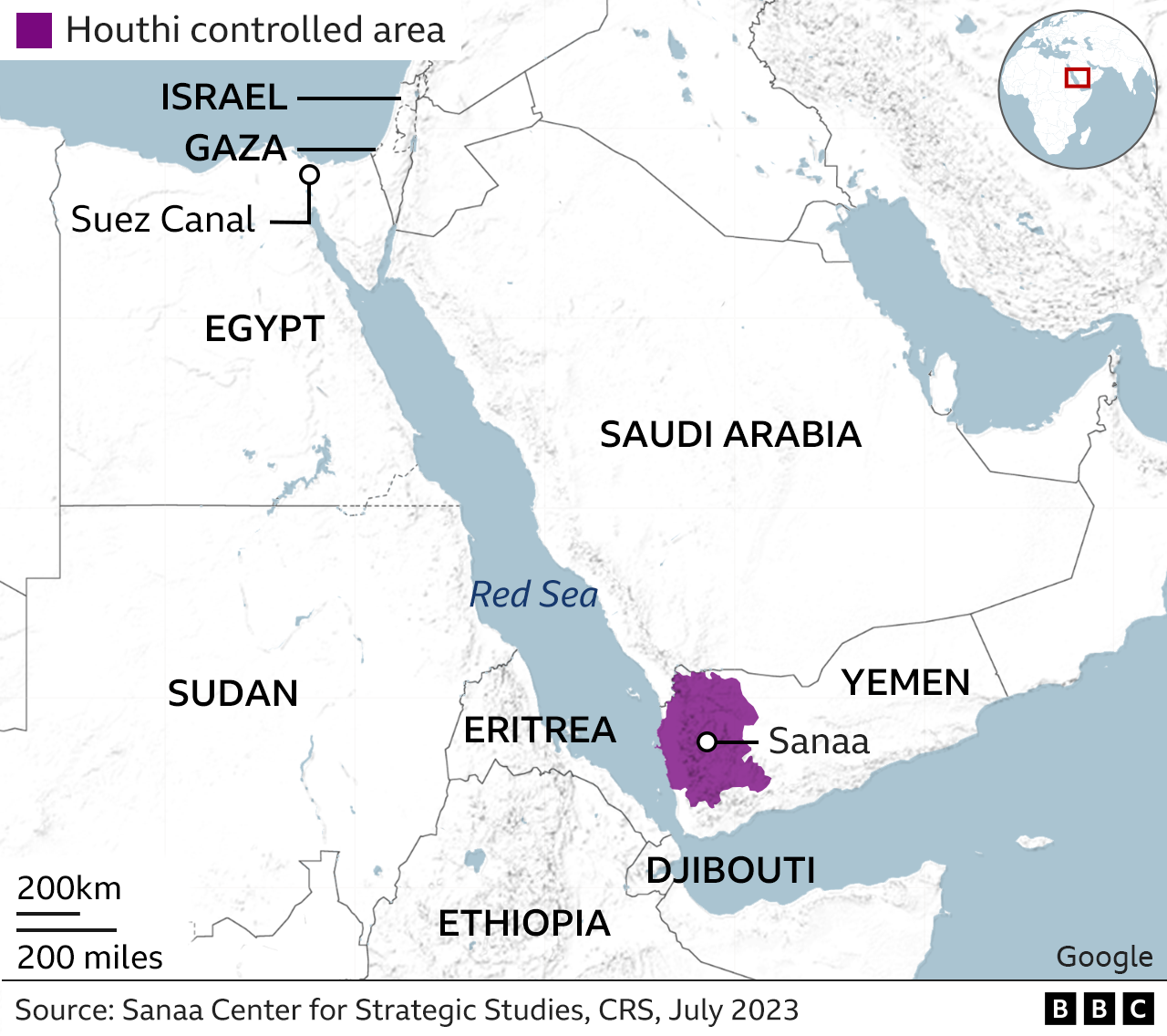


Sign up for our morning newsletter and get BBC News in your inbox.

Related topics
- Published15 January 2024
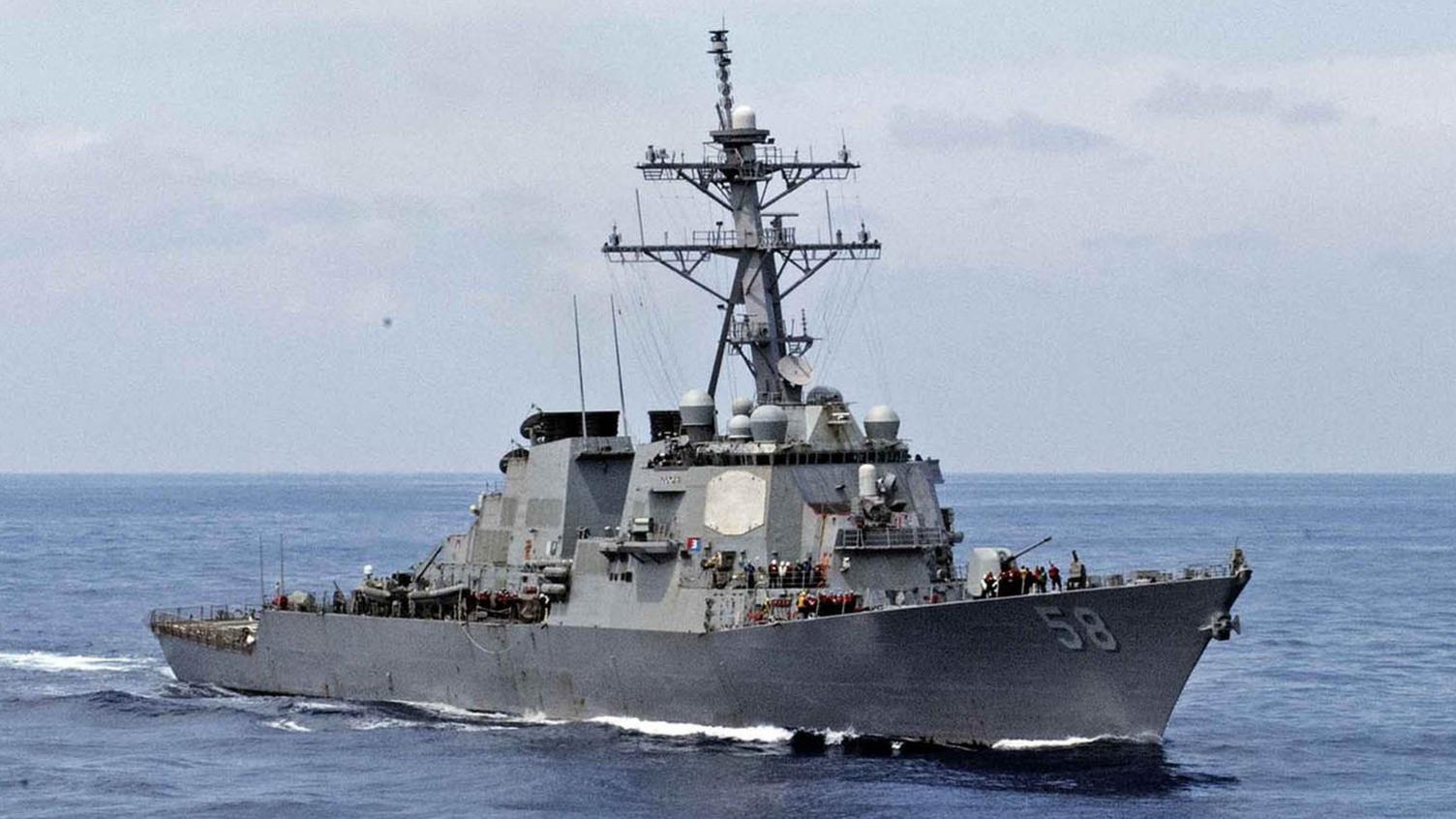
- Published14 January 2024
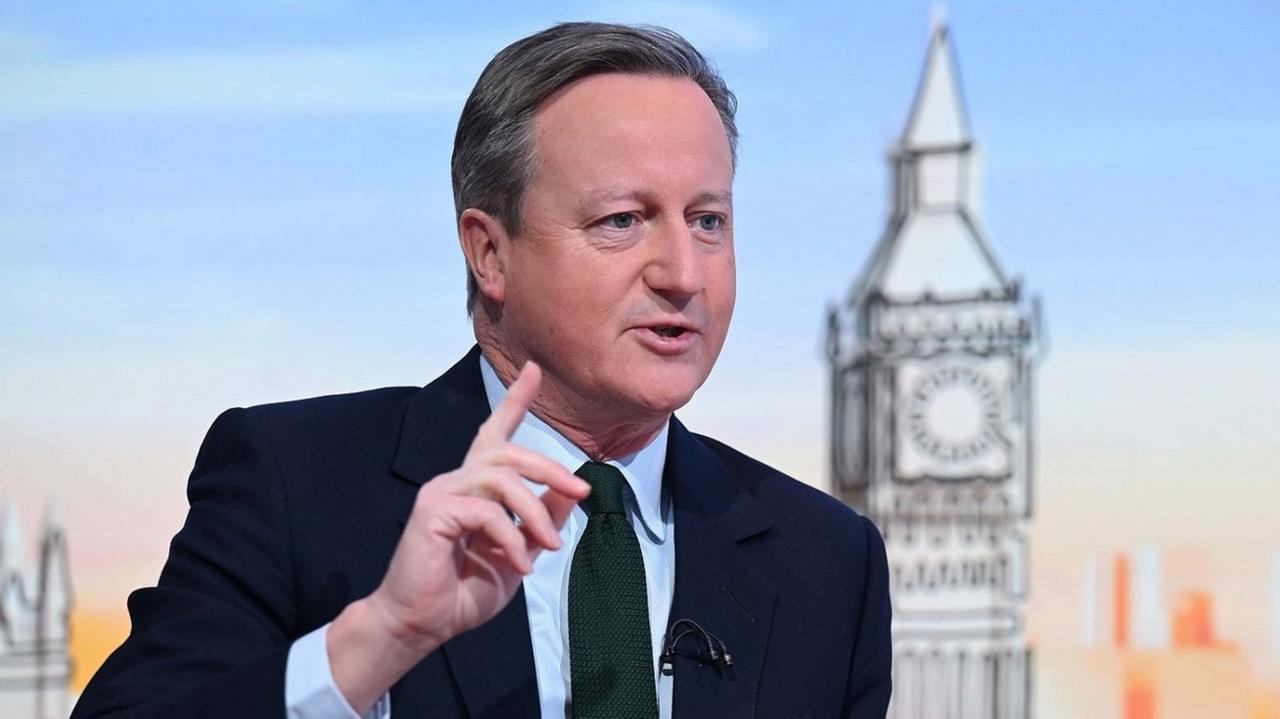
- Published12 January 2024
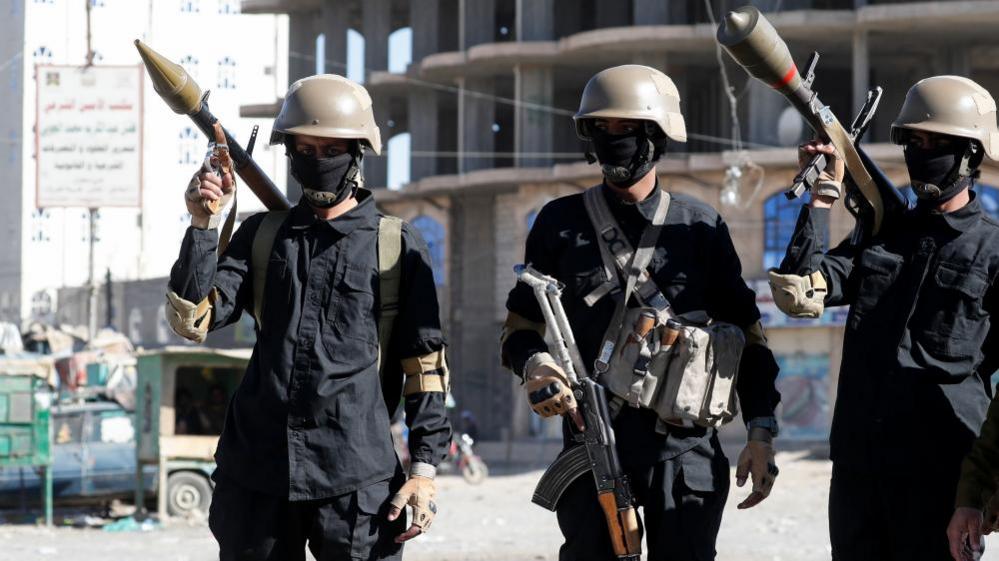
- Published25 March
